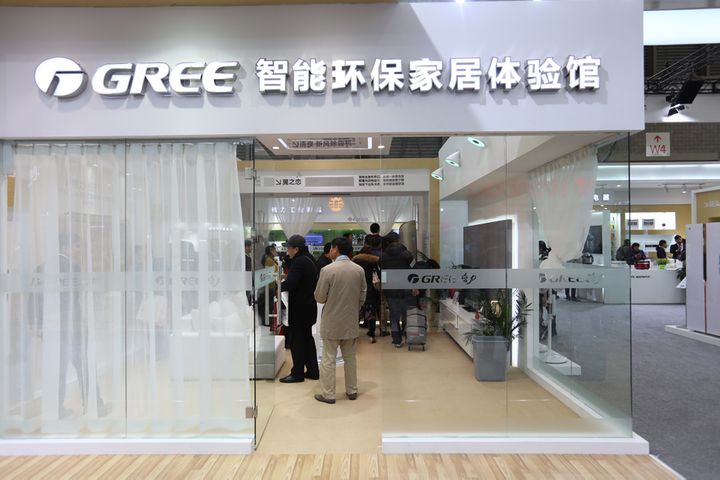 Chinese Regulators Set Up Team to Look Into Gree's Aux Claims
Chinese Regulators Set Up Team to Look Into Gree's Aux Claims(Yicai Global) June 11 -- Market regulators in China's Zhejiang province and Ningbo city have formed a joint team to investigate a report by Gree Electric Appliance against Aux Air Conditioner over product quality claims, state-backed news outlet The Paper reported, citing an official at the Ningbo regulator.
Earlier today, the China Consumers' Association voiced concern about the issue, which involves product quality and consumer rights, it said. The association noted that the issue has caused concern and anxiety among consumers, and attracted the attention of regulators. It appealed to businesses to adopt a consumer-oriented approach, provide consumers with quality products and services, and protect their legal rights and interests.
Zhuhai-based Gree, the world's biggest maker of home air conditioners, yesterday posted a statement asserting that the energy efficiency of some of Aux's models is significantly lower than the company claims.
Gree is neither a consumer nor a regulator, Ningbo-based Aux countered on its official Weibo account later yesterday. Gree's resort to commercial disparagement is clearly an act of unfair competition as the peak sales season for air conditioners looms, Aux said, adding that it has taken up the matter with the police.
Gree and Ningbo-based Aux have been at loggerheads for a long time. According to The Paper, which cited a Gree document from June 2017, Aux had allegedly poached more than 300 core personnel from Gree departments including quality control and research and development through various improper means since 2010.
The two companies also have a lot of patent disputes. Gree claims that Aux has frequently and maliciously infringed its patents and copied and plagiarized its independent innovation.
In 2017 and 2018 alone, courts ruled that Aux had infringed six patents of Gree, including four final judgments involving CNY5.3 million (USD768,000) in compensation, two judgments in the first instance, with CNY43 million in compensation, and one case that has not been heard in the first instance, where the litigation amounts to CNY110 million, according to the report.